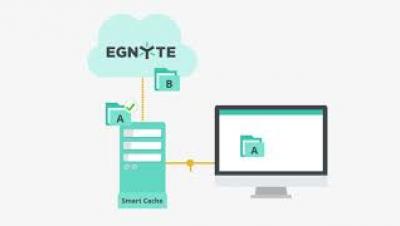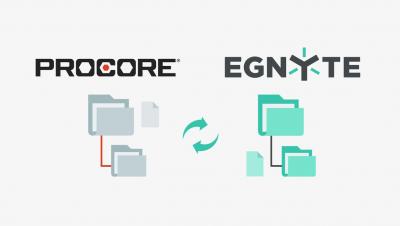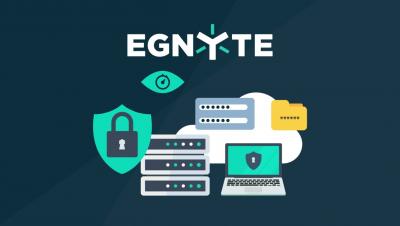Security | Threat Detection | Cyberattacks | DevSecOps | Compliance
Egnyte
Review and Approval Workflows Quick Tip
Egnyte and Procore Quick Tip
Finding Data Subject to GDPR Quick Tip
Egnyte Links for Procore Project Links Quick Tip
Implement a Multi-layered Ransomware Defense Strategy
Ransomware. Nearly every day, we learn about another major attack on companies such as JBS, Kaseya, and Quanta, a key supplier to Apple. Along with the increase in attacks, recent reports have shown the average ransomware recovery cost skyrocketed to $1.85 million this year. And, as companies have become more willing to accept attackers’ ransom demands to restore their mission-critical operations, the average ransomware payment has jumped to more than $170,000.
Improve Data Governance for GxP-Compliant Repositories
The need to employ data governance over sprawling repositories is essential in any industry, but it is especially important for the life sciences. The amount and types of data produced are not easily reviewed and organized. The value and sensitivity of the data makes it a lucrative target for cyber attacks. Egnyte’s data governance features give you more control over your data integrity, data privacy, and data security policies across a multitude of public cloud repositories.
Collect, Store, and Collaborate with Egnyte for Life Sciences
Modern drug discovery and clinical trials produce a volume of data that can quickly overwhelm local storage and bandwidth capacity. Sequencing data, scanned source files, biostatistical (SAS, R, SPSS) databases, and DICOM imaging are all hard to store and collaborate on, especially with a distributed workforce. Egnyte’s platform has been facilitating secure sharing of files for over a decade, accelerating the ability to collaborate without sacrificing security.
Report: Data Management Trends in Life Sciences
Organizations in the life sciences industry need to maintain regulated data in compliance with a number of global data privacy laws. Ideally, compliance is automatically ensured, and data is easily categorized. But we all know that this is not always the case in a decentralized, dynamic environment. So, how are the leading biotechs efficiently and securely managing collaboration and data?











